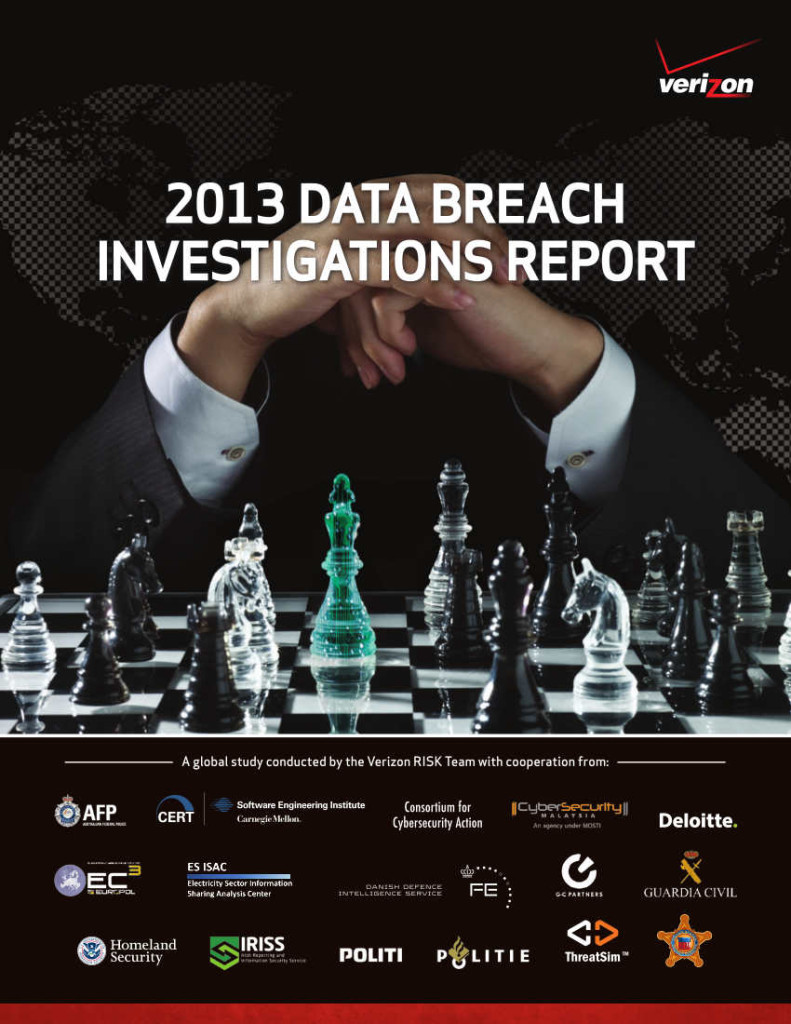Once the target of choice for hackers of all stripes, personal computers (PC) will be -at most- a side attraction at this year’s annual Black Hat Briefings show in Las Vegas, where presentations on ways to attack mobile devices and other networked “stuff” will take center stage. Just over ten percent of the scheduled talks and turbo talks at The Black Hat Briefings in early August (5 of 47) will be devoted to attacks against what might be considered “traditional” endpoints, like end user systems and servers running Microsoft’s Windows, Apple’s Mac OSX and Linux. By contrast, more than 30% will discuss security flaws and attacks against mobile phones or other “smart” devices including wireless surveillance cameras, home automation systems and smart meters. The dearth of PC-focused talks isn’t a new trend in and of itself. As far back as 2006, talks that explicitly discussed security issues with components of Microsoft’s […]
Database
Data Breach For Dummies: Simple Hacks, Hackers Are The Norm
In spite of widespread media attention to the problem of “advanced persistent threats” and nation-backed cyber espionage, most cyber attacks that result in the theft of data are opportunistic and rely on unsophisticated or non-technical means, according to Verizon’s 2013 Data Breach Investigations Report (DBIR). Verizon said that its analysis of 47,000 security incidents and 621 confirmed cases of data loss showed that three-quarters were “opportunistic” – not targeted at a specific company or individual – and financially motivated. Around 20 percent of attacks were linked to what Verizon termed “state affiliated actors” conducting cyber espionage. Verizon’s annual Data Breach Investigations Report presents the results of investigations conducted by Verizon’s RISK investigators, the U.S. Department of Homeland Security, US-CERT as well as by law enforcement agencies globally. In its sixth year, it is a highly regarded and oft-cited benchmark of malicious activity and threats to organizations. In a press release […]
Tantalizing Clues in Dexter Malware Lead to Mystery Man…and Zeus
The Dexter malware is getting some media attention this week – and not just because the malware shares its name with Showtime’s popular drama about a serial killer by the same name. (Not that those of us tasked to write catchy headlines don’t love stuff like that – ’cause we do.) No, the Dexter virus caught the attention of malware analysts because it infects point of sale (POS) systems like electronic cash registers, kiosks and automatic teller machines (ATMs), rather than run of the mill laptops and desktops. It has also generated some interest because it uses a form of memory dump parsing to steal sensitive data from infected POS terminals, and because its POS malware that is part of a botnet – communicating back to a command and control system and receiving commands – that’s quite unusual and, while its kind of insider baseball for malware geeks, it makes […]
Latest Iranian Malware Targets Financial Software
There appears to be some professional differences of opinion about the latest super malware targeting the nation of Iran. Just days after Symantec Corp. warned about a new piece of malware, W32.Narilam, researchers at the Russian anti-virus firm Kaspersky Lab threw cold water on the report, saying their analysis suggests that Narilam is two to three years old and probably targeted financial software packages, rather than high value government or industrial systems. The back and forth started with Symantec’s Nov. 22nd blog post on Narilam, which claimed the malware had recently been found circulating in the “Middle East” – and particularly in Iran. Narilam was programmed to infect systems running Microsoft’s SQL database software, spreading through removable drives and network shared folders. It was designed to corrupt data, not to steal information, Symantec said. Though the Cupertino company made no attestation as to Narilam’s origins, Symantec did say the worm […]


